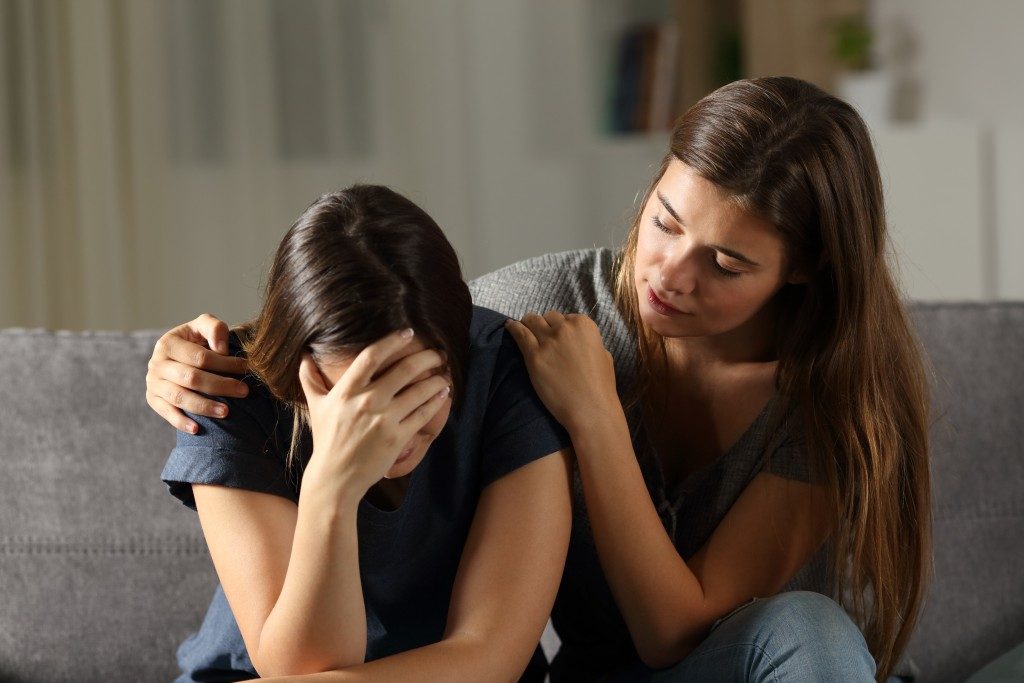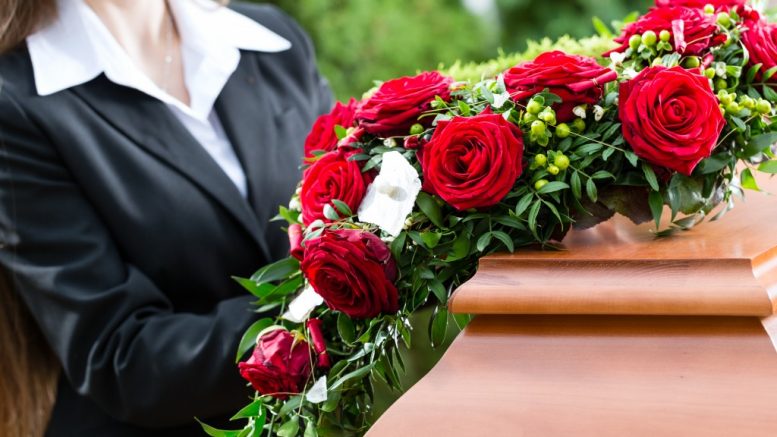Being blessed with a long life is a double-edged sword. On the one hand, you get to enjoy life longer, on the other; you have to deal with the grief of watching your loved ones pass away, while you linger on. But not know how to handle loss; loneliness, and feelings of being alone could make grieving more difficult to manage. The problem is, there are no rules that you could simply follow when dealing with a loved one’s death.
There’s No Roadmap for Grief
When grieving, the first thing you need to realise is that there’s no right, wrong, normal, and usual way to grieve, says an experienced director of bereavement support services in Croydon. You could feel angry, sad, in denial, lonely, yearning at one point and then suddenly feel joyful and happy when you remember loved ones who passed away. It’s likewise vital to note that you can’t and shouldn’t put a timeline on grieving. Otherwise, if you say that you’d grieve for eight months, you and those around you might believe that something’s wrong with you if find that you don’t feel better by the eight-month mark or feel better before then.
Is There a Healthy Way to Grieve?
Usually, healthy grieving is defined as a set process with a specific result, which is acceptance. In reality, however, the gamut of emotions that come with grieving naturally comes and goes. The way people grieve is likewise highly individual and typically depends on the specific circumstances surrounding the death of your loved one. Additionally, your overall health and your finances would play a vital part in how well or not you could deal with loss.
Best Ways to Deal with Grief

While there would be days when you believe that you won’t ever be able to stop grieving, the following strategies could aid you in better processing your grief and rebuilding your new normal:
- Don’t forget to care for yourself. It’s vital to give yourself TLC even through your grief, particularly if you suffer from chronic conditions.
- Join a grief class or bereavement group to help you better understand how grieving works and meet actual people who are dealing with the same things you’re dealing with. Speaking with others who are also grieving could help you recognize that what you are feeling is completely normal.
- Get professional help if you’re overwhelmed with grief. Majority of individuals go through the grieving process and come out of it even stronger. Others, however, continue to struggle with their emotional issues, which in turn leads to depression or other mental health issues.
- Learn to forgive yourself. Whether it’s fear that you’re responsible for your loved one’s death in some way or that you couldn’t do anything to stop it, or relieved that your loved one is at peace, particularly after an extended and difficult illness or death, remember to be kind to yourself.
Grief is just one of those things that you can’t possibly describe. But keep in mind that there’s no normal way to grieve and that as with every process, there is an end to it. Just don’t rush it, take it day by day, and at your pace.
